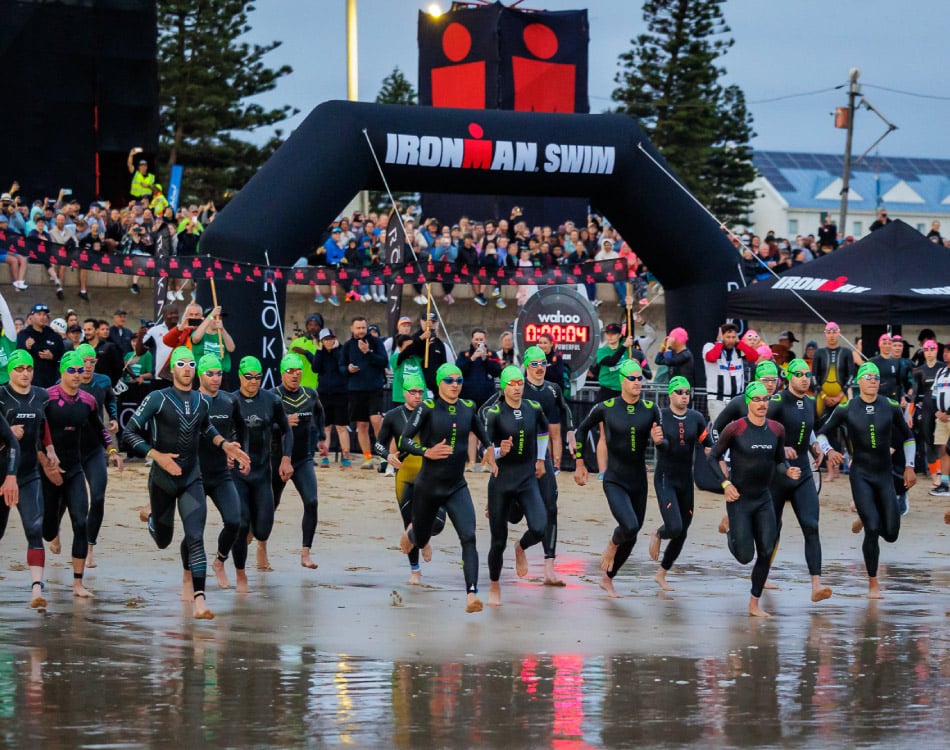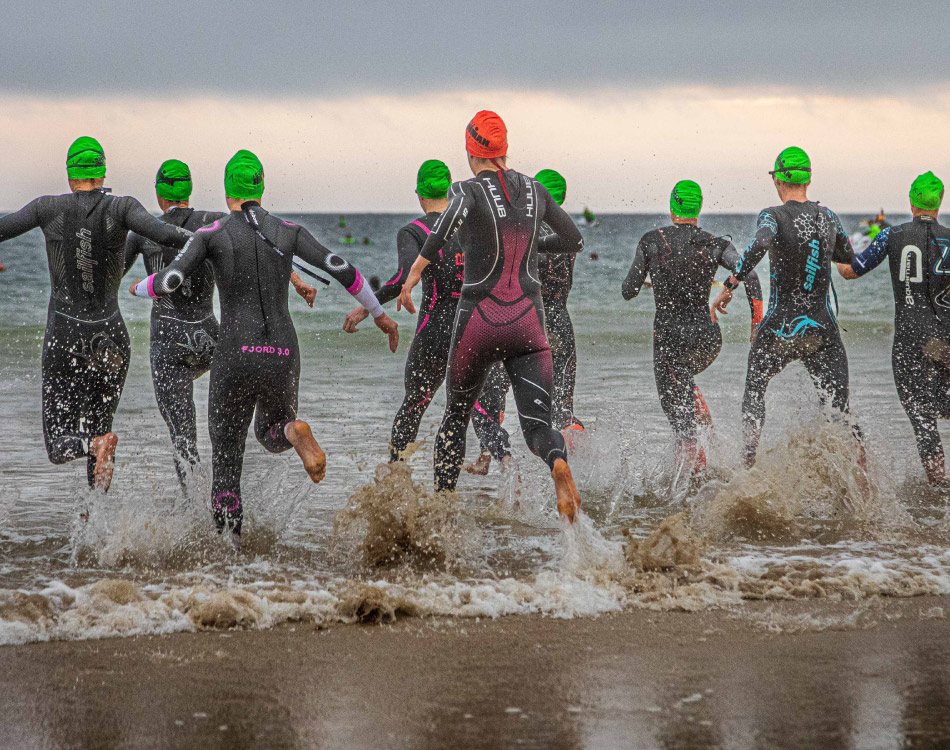Anxiety can have a dramatic impact on performance. The psychological state, which is often caused by stress and worries, is commonly experienced by people playing sports at all levels.
Lauren Povey, a cognitive behavioural therapist who supports people with anxiety at the Priory Hospital, has outlined techniques people can use to reduce the impact that nerves have on how they perform.
Proven treatment
Cognitive behavioural therapy (CBT) is a proven treatment that helps people to recognise unhelpful thought patterns and how they choose to respond to them. It also makes people aware of their negative thoughts so that they can adapt and change the dysfunctional behaviours that tend to follow.
“While you may think that your performance is just driven by external factors like your opponents, the weather or an injury, it is also influenced by what you think you can and can’t do as a result of these external factors,” explains Lauren. “However, while we can’t stop our thoughts, we can change how we choose to respond to them.”
Recognise, reframe negative thoughts
To achieve this, Lauren suggests taking time in the evening to write down moments when you became anxious and reflect on what you thought, how you felt and how you went on to behave.
Answer the following questions to help you:
- What caused you to become anxious? Was it when you were warming up? Was it seeing your main competition?
- What did you think at the time? Did you automatically gravitate towards thoughts that you were going to perform badly or that you were going to make a mistake?
- What will happen if you continue to think this way? Will your anxiety cause you to be distracted in moments when you should be focused? Will it lead you to constantly doubt yourself?
- How can you challenge the initial thoughts you had at the time? You know you’ve put in the practice and achieved this many times before
- What would be a healthier way of thinking about the situation? You may want to think “I’m going to try my hardest to do the best I can”
- What can you do the next time you think negatively? Make a conscious effort not to dwell on your negative thoughts the next time they arise. When you feel them welling up, focus on your experience, skill and the previous achievements you have made instead.
- Once well-versed in this technique, you will be able to pause and redirect yourself away from negative thoughts the moment they arise so that they don’t distract you.
Visualise success, not failures
Lauren suggests that in the lead-up to a race or event you should regularly visualise the achievement that you want. “This will act as a non-verbal instruction, training your body to act confidently in moments when you otherwise would have been nervous.”
And just like any other skill you use in your sport, it needs to be practised to be perfected:
- Find a private, calm space and make yourself comfortable.
- Take a few slow and deep breaths to calm yourself.
- Close your eyes.
- Set the scene and make it feel as though you are actually there. What venue are you practising in or competing at? What’s the colour of your opponent’s uniform? What can you hear around you?
- If you are worried about a skill or strategy you have been struggling with, imagine yourself doing it perfectly and confidently.
- If you get distracted by negative thoughts during a performance, imagine yourself poised, relaxed and focused, performing exactly the way you’d want to.
- Remain in the moment for 5 to 10 minutes or until you feel relaxed.
- Assure yourself that you can return to this place whenever you want or need to relax
Positive self-talk
Anxiety can cause you to focus on all the mistakes you could make and believe that the worst possible scenario will happen.
“Swapping from negative to positive self-talk can prevent your inner critic from intensifying and impacting you before, during and after your performance,” adds Lauren.
She advises the following routines…
Before your performance: Prepare with positive statements like “it’s going to be tough but worth it” or “I’m going to do as well as I possibly can”
During your performance: Stay positive, using statements like “concentrate on what is going on, not on how you feel”, “this is just anxiety, I know it will pass” or “I know I’ll be fine”
After your performance: Remember to give yourself praise, such as “I did it, I’m getting better”, “I’m making progress” or “I did that well”
“Even when things don’t go quite to plan, you should take the time to review – any small step that you make is progress.”
When to get help
If you feel like your anxiety symptoms are becoming more persistent and are having an impact on your day-to-day life, it is important to visit your doctor. They will be able to determine whether you need any further professional treatment.

















Leave A Comment